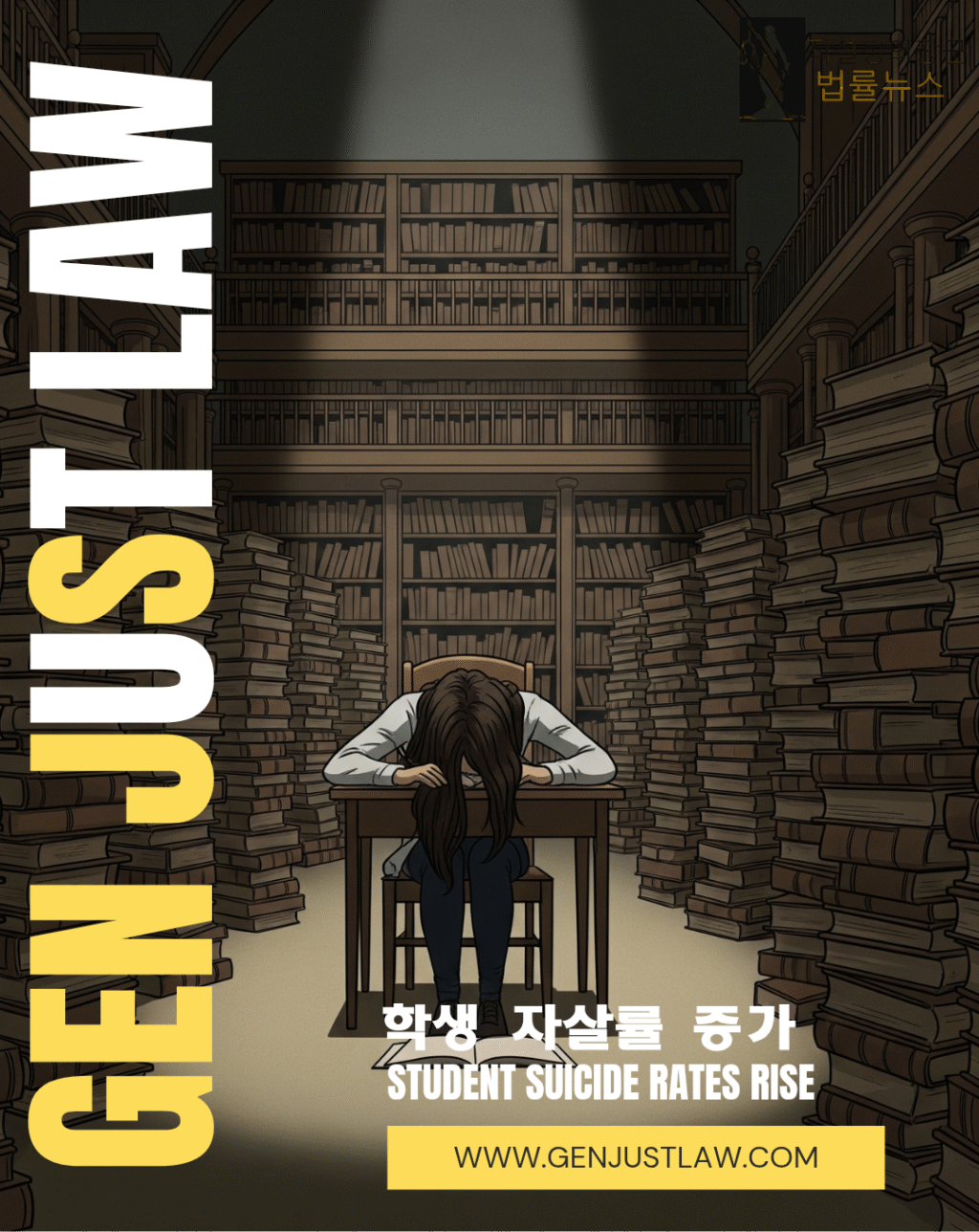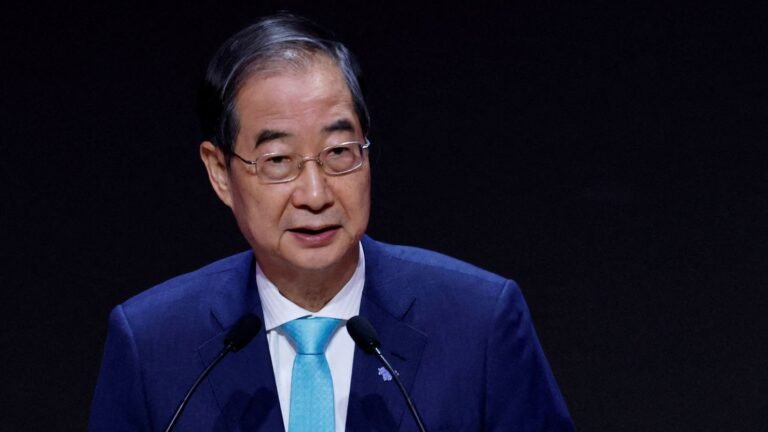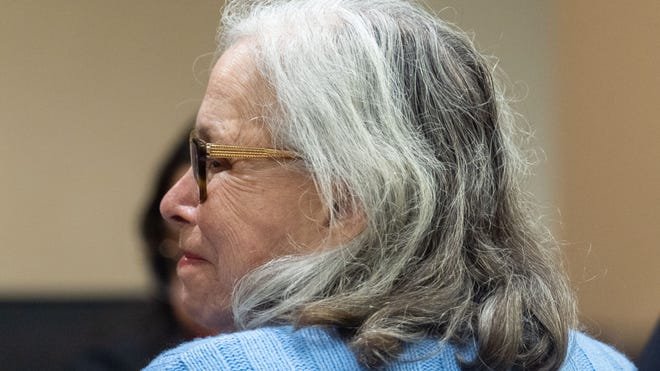
By Gen Just Law, June 25
Seoul, South Korea – A stark new report from the South Korean Ministry of Education reveals a devastating toll on the nation’s youth, with a record number of school students taking their own lives in the past year.
The preliminary data for 2024 indicates that 221 students died by suicide, a grim continuation of a deeply concerning trend that has seen the student suicide rate nearly double since 2015.
The report further highlights a critical gap in mental health support, with nearly 18,000 students classified as being “at-risk” for suicide or self-harm. Shockingly, of those identified, over 2,400 did not receive any form of professional counseling or medical treatment.
This alarming rise in student suicides underscores a multifaceted crisis fueled by intense academic pressure, societal expectations, and a pervasive stigma surrounding mental health issues. For 2023, the number of student suicides stood at 194, already a record high, indicating a significant and tragic year-over-year increase. The youth suicide rate for ages 10-19 has climbed from 4.2 per 100,000 in 2015 to 7.9 in 2023, confirming the alarming trajectory.
A major contributing factor to the crisis is the immense pressure associated with South Korea’s highly competitive education system. Students from a young age face grueling schedules, intense competition for university placements, and immense parental and societal expectations to succeed. This relentless pursuit of academic excellence often comes at the cost of mental well-being, leading to high levels of stress, anxiety, and depression.
The Ministry of Education’s own data sheds light on the significant number of students struggling with their mental health. The 2023 “Student Emotion and Behavior Characteristics Test” identified over 82,000 students as being in the “at-risk” group, requiring closer attention and support. This includes 35,448 students categorized with anxiety or depression and a deeply concerning 26,666 students identified as being at risk of suicide.
A critical failure in the support system is the significant number of at-risk students who do not receive the necessary professional help. The primary reason for this gap is parental refusal to seek or consent to treatment for their children. In 2023, of the at-risk students who were not connected to professional help, over 80% of the cases were due to their parents’ decision.
This refusal is often rooted in the strong social stigma attached to mental health issues in South Korea, where seeking psychiatric help can be seen as a sign of weakness or a potential blemish on a student’s record, potentially impacting their future academic and career prospects.
In response to the escalating crisis, the South Korean government has pledged to bolster mental health support in schools. These measures include increasing the number of school counselors, strengthening ties with external mental health professionals and institutions, and implementing programs aimed at reducing the stigma associated with seeking help.
However, the latest figures indicate that these efforts are yet to reverse the tragic trend, highlighting the urgent need for a more fundamental societal shift in the approach to mental health and the intense pressures placed upon the nation’s youth.
Author

Latest entries
 Donna Adelson Trial2025-09-05Donna Adelson Found Guilty on All Counts in Dan Markel Murder Case
Donna Adelson Trial2025-09-05Donna Adelson Found Guilty on All Counts in Dan Markel Murder Case True Crime2025-09-03Epstein Files: Survivors Break Silence on Capitol Hill
True Crime2025-09-03Epstein Files: Survivors Break Silence on Capitol Hill US2025-09-03Cardi B Assault Trial Verdict — She’s Not The Drama
US2025-09-03Cardi B Assault Trial Verdict — She’s Not The Drama US2025-08-30Jim Crow Era — Louisiana’s Split Juries Problem and the Limits of Retroactivity
US2025-08-30Jim Crow Era — Louisiana’s Split Juries Problem and the Limits of Retroactivity






